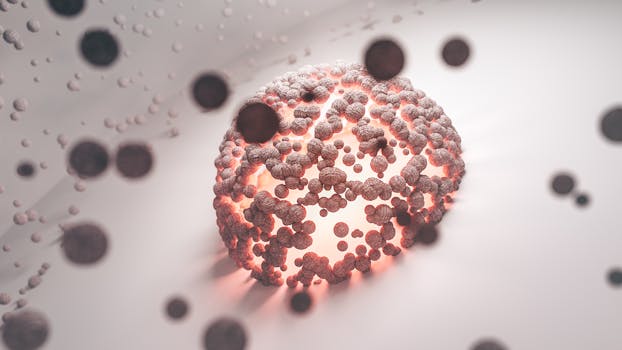
The Role of Genetics in Human Health and Disease
The role of genetics in human health and disease is a complex and multifaceted field of study. Genetics, the study of heredity and variation, has become a vital component in understanding the underlying causes of various diseases and developing effective treatments. Genetics play a crucial role in human health and disease, influencing susceptibility, prevention, and treatment. In this article, we will delve into the world of genetics and explore its significance in human health and disease.
Introduction to Genetics

Genetics is the study of heredity and variation. It involves the examination of genes, which are the basic units of heredity, and their role in determining the characteristics of an individual. Genes are made up of DNA (deoxyribonucleic acid) and are responsible for transmitting information from one generation to the next. The study of genetics has led to a greater understanding of the complexities of human health and disease.
Genetic Disorders

Genetic disorders are conditions that are caused by abnormalities in an individual’s DNA. These disorders can be inherited from one’s parents or can occur spontaneously due to environmental factors or errors during DNA replication. Some common genetic disorders include sickle cell anemia, cystic fibrosis, and Down syndrome. Understanding the genetic basis of these disorders has led to the development of targeted treatments and therapies.
Genetic Predisposition

Genetic predisposition refers to the increased susceptibility of an individual to certain diseases or conditions based on their genetic makeup. For example, individuals with a family history of heart disease may be more likely to develop the condition themselves. Genetic predisposition can also influence an individual’s response to certain environmental factors, such as diet or exercise.
Epigenetics

Epigenetics is the study of gene expression and how it is influenced by environmental and lifestyle factors. Epigenetic changes can affect how genes are turned on or off, without altering the underlying DNA sequence. This field of study has led to a greater understanding of the complex interplay between genetics and environment in human health and disease.
Conclusion

In conclusion, the role of genetics in human health and disease is a complex and multifaceted field of study. Genetics play a crucial role in influencing susceptibility, prevention, and treatment of various diseases. Understanding the genetic basis of disease has led to the development of targeted treatments and therapies, and has the potential to revolutionize the field of medicine. Further research in this field is necessary to fully unlock the potential of genetics in improving human health and disease.



